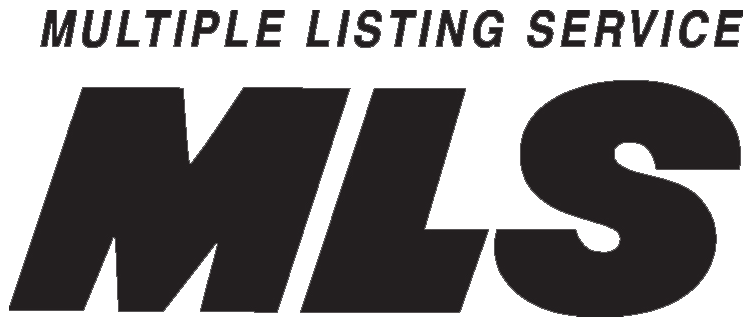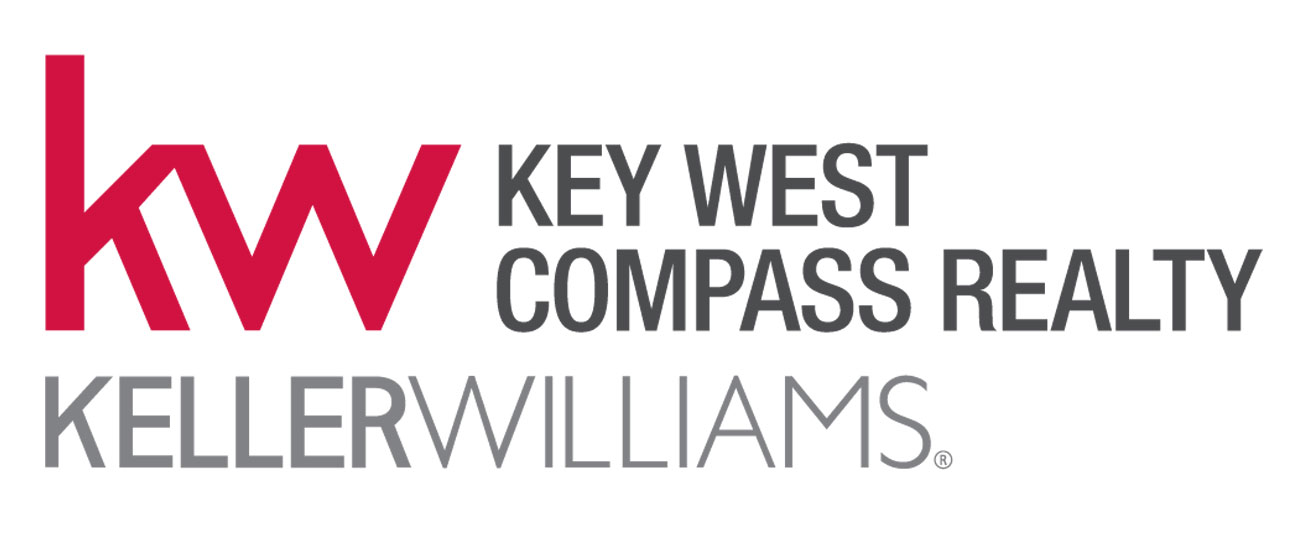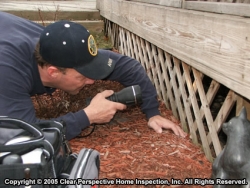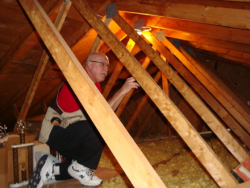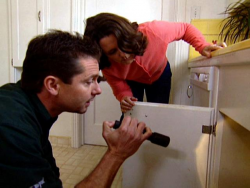We know our homes pretty well, what works, what doesn’t. How to turn a rheostat just so to make a ceiling light work, which outlets need a jiggle of the plug. Floors that might be a little soft or creak some. That spot in the ceiling that shows a little leak but only after a bunch of rain. Moisture that sneaks in a corner behind the couch after that same downpour. We live with it. But now you’re selling your house, and its Inspection time. It’s time to play by certain rules. Here are some pointers on how you can get ahead plus details about what the Inspector inspects.
Florida uses an "AS IS" Contract for Sale and Purchase for residential sales. Paragraph 12., Lines 194 thru 225 refer to (a) Property Inspections, (b) Walk-Through Inspection/Re-Inspection, (c) Seller Assistance and Cooperation in Close-Out of Permits and (d) Assignment of Repairs. Throughout these four paragraphs, the rights, responsibilities and cooperation of Seller and Buyer are explained. In short, Seller is open and forthright so Buyer can gain full understanding of the "AS IS" condition of the property.
Under even the best of terms, I always encourage Buyer to have an accredited Inspector inspect the property and review at least informally the scope of open permits and unfinished work. Doing this allows Buyer to have a professional, 3rd party opinion of the physical condition of the property. Sometimes an Inspector will provide ball park estimates for repairs noted in the inspection. If Buyer is concerned about repair/replacement costs, I encourage the use of a licensed contractor to price the work Buyer intends to perform after taking possession of property.
For the Buyer -
How to Find an Inspector
Generally your Reator will recommend an Inspector. If you are worried about a "relationship" between the Realtor and Inspector, don't. Trust your Realtor and let them make the choice. If you want to make the choice then ask for a minimum of 3 Inspectors. What do you ask them?
- Are you a member of a professional inspector association? Look for National Association of Home Inspectors, National Institute of Building Inspectors, American Society of Home Inspectors,
- Ask for a resume or professional bio. Not just time in service but continuing education too.
- Does the Inspector carry insurance? In Florida the minimum errors and omissions insurance is $300,000.
- Does the Inspector guarantee their work? i.e., a central air conditioning unit inspected in March should still be working in September (especially in South Florida).
- Does the Inspector have any specialties; moisture detection, mold, roof mitigation, previously or presently a licensed contractor?
- Will the Inspector go ON the roof, UNDER the house, TEST the appliances and electrical outlets?
- If there are recent additions or renovations will the Inspector evaluate them as having been done to Code? (Your Realtor should already have checked for Open Permits and Code Violations).
- Ask to see an example of the written report you will receive, like this excellent report from Clear Perspective in Bolinbrook, IL southwest of Chicago. Does it make sense to you or is it "Inspector-speak". Are the photos well presented and supported by descriptions.
- If you have the time, and most Buyers don't, but ask to come along on the Inspection. If you can't make it be sure your Realtor does.
- Price.
For the Seller -
Put your Home in Order
Preparation is the key to a good inspection. There are a host of Home Inspection Checklists for homeowners. Try this one from InterNACHI. As with your entire selling process, clean is best. De-clutter as much as possible, especially problem areas like basements, attics and garages. Likewise, cut tree limbs, trim shrubs away from the house and it's better to have no plants then dead ones.
What do Inspectors Inspect?
On a national level, the Standards of Practice for Inspectors are very uniform. Regardless of the professional association, the items to be checked on an inspection differ little. Here is the Standards of Practice from the National Association of Home Inspectors. The report is very comprehensive and gives Seller and Buyer an excellent understanding of what the Inspector critiques. Click here.
The report contains 24 pages that, in checklist fashion, tells what the Inspector reviews about your roof, attic, plumbing, electricity, air conditioning, foundation, interior and exterior. It is a common sense booklet that covers most everything that is essential to a safe and quality home.
And there you have it. The sum of the Sellers Disclosure Statement, the Buyer's Inspection Report and Lender's Appraisal should provide a comprehensive view of the condition of the house.
If you have any questions or comments, please contact me here.
Good luck!
Additional resources:
